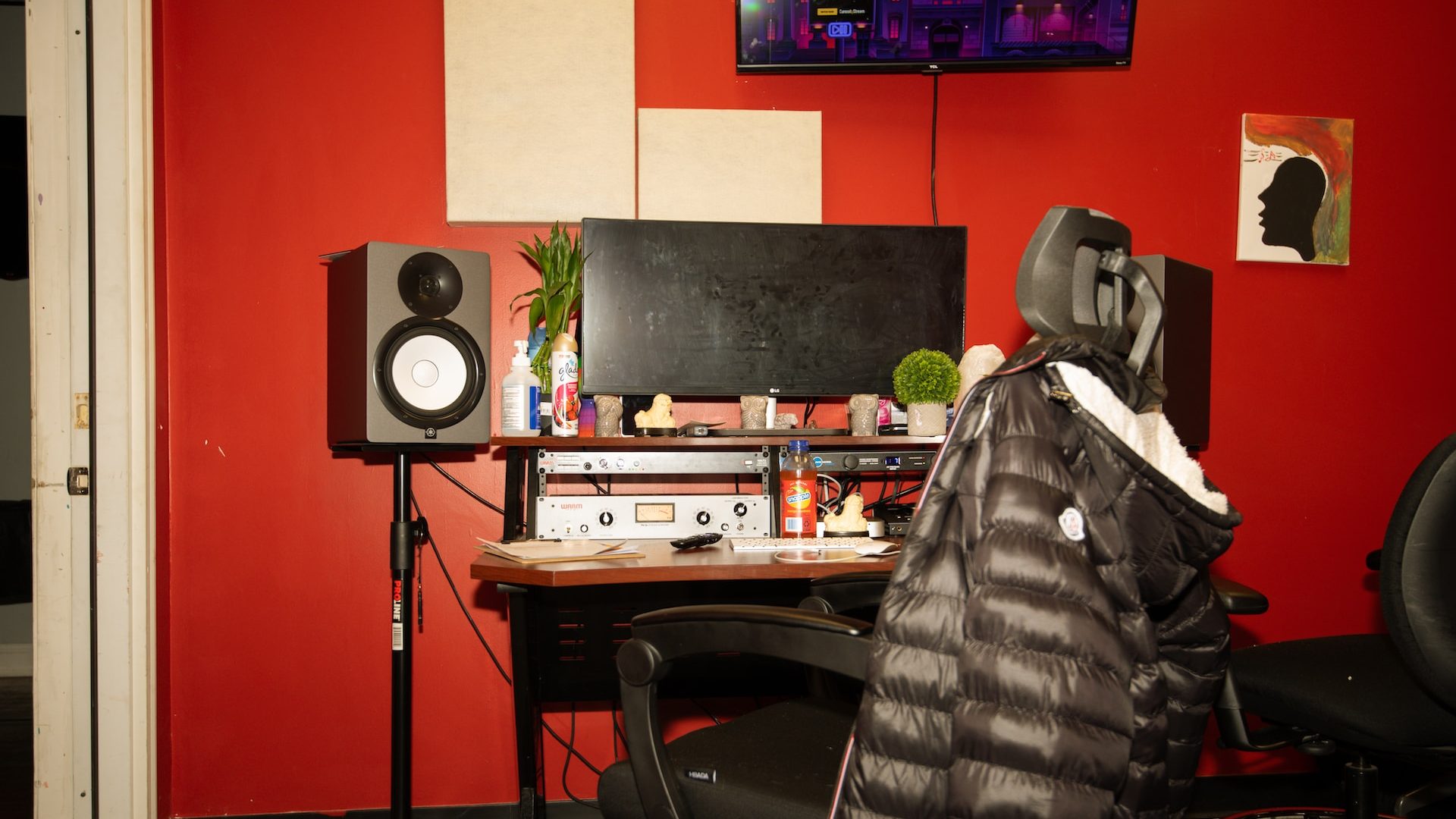Why one author thinks it’s time to change music sampling laws in the US
The recent release of De La Soul’s music on streaming platforms has sparked a discussion about the practice of music sampling.

This year, the Grammy Awards celebrated the 50th anniversary of hip-hop. One of the musical groups highlighted was De La Soul, whose music only recently became available on streaming platforms after years of delays and legal battles.
At the root of the legal battle was music sampling — the art of taking a portion of a pre-existing recording and using it in a new composition. Musical artists throughout the 1980s and 1990s like De La Soul utilized the technique in ways that became foundational to hip-hop.
Still, despite its widespread use, the revolution of sampling in music brings its own challenges to an artform where creators are granted ownership rights of their creations. Because of this, legal disputes between artists and copyright holders often arise where different sides have different interests in how these works are used. But is there a better way to allow artists expanded use of earlier recordings, while also rewarding the original creators?
“If I wanted to redo your old song, I can do it. If I want to do a piece of your song. I can’t. And to me, that’s insane.” — Dan Charnas, author
Listen: Why one author thinks it’s time to change music sampling laws in the U.S.
Guests
Dan Charnas is a professor, journalist and author of the book “Dilla Time,” which won the 2023 PEN Literary Award for Biography. He also recently wrote a piece in Slate titled, “It’s Time to Legalize Sampling.” He says he advocates for a compulsory licensing system where sampled artists receive a set payment from sampling artists, who are then allowed to use the work without violating copyright laws.
“Essentially, what I am recommending as a curative for this is a compulsory license for pieces of songs and for pieces of recordings,” says Charnas. “Because we do have compulsory licenses for whole songs.”
“If I wanted to redo your old song, I can do it. If I want to do a piece of your song, I can’t.” continues Charnas. “And to me, that’s insane.”
Peter DiCola is a professor of law at Northwestern Pritzker School of Law. He is also a co-author of a book based on interviews with musicians, attorneys and music industry executives about the licensing of digital samples. He says the current system makes it difficult and expensive for artists who like to use lots of samples in their work.
“New recordings that want to use lots and lots of samples layered together — in the style of De La Soul or Public Enemy or the Beastie Boys — those records are just impossible to license,” observes DiCola. “Because there’s so many licenses to obtain, the transactions are difficult to make [and] the licensing fees are high.”
“It’s a free expression problem,” continues DiCola. “So that creates a real tension between the copyright system and free expression.”
Richard S. Busch is a partner in the Litigation Section and Head of the Entertainment and Intellectual Property Sections for the King & Ballow law firm. He obtained a jury award of $7.4 million in favor of the heirs of Marvin Gaye against Pharrell Williams and Robin Thicke. In the case, the jury concluded that Williams and Thicke’s “Blurred Lines” unlawfully copied Gaye’s song “Got To Give It Up.” He says the current copyright system protects original creators, while also providing artists a chance to sample songs if both sides come to an agreement.
“The word ‘sampling’… people think that that means just taking a second or two of a song, but it’s actually digitally lifting the actual sounds of a sound recording that was created and owned by either a record label or also the actual sounds of the underlying musical composition,” says Busch.
“The Copyright Act is very clear that for the creation of a derivative work — and that’s what sampling is: a derivative work, taking a part of someone else’s work they own and they create it and they put money into and put blood, sweat and tears into — you have to negotiate a license,” continues Busch. “And [they] have to have you have the right to say whether it’s yes or no.”
Trusted, accurate, up-to-date.
WDET strives to make our journalism accessible to everyone. As a public media institution, we maintain our journalistic integrity through independent support from readers like you. If you value WDET as your source of news, music and conversation, please make a gift today.

